Walter Gavitt Ferguson (Walter Ferguson), a name that resonates through the verdant hills and tropical rhythms of Costa Rica, stands as a living testament to the power of music to transcend borders and tell the stories of a culture. Born on May 7, 1919, in the coastal town of Cahuita, Ferguson would go on to become a legendary figure in Costa Rican music, particularly in the vibrant genre of calypso.
Walter’s journey into the world of music began against the backdrop of Cahuita, a town that bore the influences of Afro-Caribbean culture. Growing up in a family that celebrated music and dance, he was exposed to the melodic cadences of calypso, a genre rooted in the African rhythms that had found a new home in the Caribbean. The infectious beats of calypso became the soundtrack of his childhood, sparking a passion that would shape his life in profound ways.
In the rich tapestry of Costa Rican culture, where Spanish and Afro-Caribbean influences intermingle, Ferguson’s music became a distinctive thread. His early years were marked by a deep connection to the cultural melting pot that defined Cahuita. As he navigated the bustling markets and vibrant streets, young Walter absorbed the diverse sounds that surrounded him, from the traditional rhythms of the Bribrí and Cabécar indigenous peoples to the lively beats of Afro-Caribbean drumming.
However, life in Cahuita wasn’t always a harmonious melody. The socio-economic challenges faced by the Afro-Caribbean community, coupled with a history of discrimination, fueled Ferguson’s desire to use music as a medium for social commentary. His lyrics became a mirror reflecting the struggles and triumphs of his people, a poetic narrative of resilience and hope set against the backdrop of a changing world.
Walter Ferguson’s musical journey took a significant turn when he discovered the calypso greats such as Mighty Sparrow and Lord Kitchener. Inspired by their storytelling prowess and rhythmic ingenuity, he honed his craft, finding his voice within the intricate verses and spirited melodies of calypso. In the 1940s and 1950s, when radio broadcasts and records began to reach Cahuita, Ferguson’s music gained wider recognition, not only in his hometown but across the country.
Ferguson’s music was more than entertainment; it was a vessel carrying the stories of the Afro-Caribbean diaspora in Costa Rica. His lyrics addressed issues of identity, social injustice, and the everyday struggles faced by his community. Songs like “Cabin in the Wata” and “Congo Man” became anthems that resonated far beyond the shores of Cahuita, capturing the hearts of listeners and establishing him as a cultural icon.
Despite the challenges of being an Afro-Caribbean artist in a predominantly Spanish-speaking country, Walter Ferguson’s determination and talent allowed him to break through linguistic barriers. His ability to infuse Spanish and English seamlessly in his lyrics created a unique blend that spoke to audiences across cultural divides. In doing so, he not only elevated the status of calypso in Costa Rica but also contributed to a broader cultural dialogue within the nation.
As the years passed, Walter Ferguson’s influence extended beyond the borders of Costa Rica. His performances at international festivals and collaborations with musicians from around the world showcased the universal appeal of his music. Whether on the stages of Europe or in the intimate venues of Cahuita, Ferguson’s raspy voice and soulful tunes captivated audiences, bridging gaps and fostering a global appreciation for Costa Rican calypso.
In the twilight of his career, Walter Ferguson remains a revered figure in Costa Rican music. His impact on the preservation of Afro-Caribbean culture, language, and music is immeasurable. Cahuita, once a backdrop to his childhood adventures, now stands as a cultural landmark, a place where the spirit of calypso lives on in every note played and every lyric sung.
In recognition of his contributions, Walter Ferguson has received numerous accolades, including the National Prize for Popular Culture and Traditional Music in 2012, an honor that solidified his place in the annals of Costa Rican cultural history. Yet, for Ferguson, the greatest reward is not the awards or recognition but the knowledge that his music has played a role in shaping the cultural identity of his people.
As we delve into the biography of Walter Ferguson, we encounter not just a musician but a storyteller, a cultural ambassador who used his art to weave the narratives of a community into the fabric of a nation. His journey from the dusty streets of Cahuita to international stages exemplifies the transformative power of music, transcending borders and languages to unite hearts in a shared celebration of culture and identity. Walter Ferguson’s legacy continues to resonate, reminding us that, in the world of music, one man’s story can become a melody that echoes through generations.



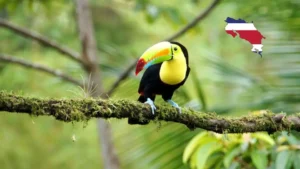
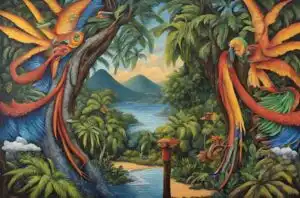
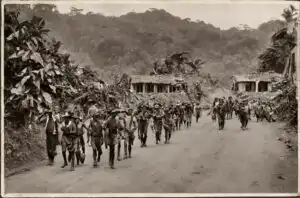
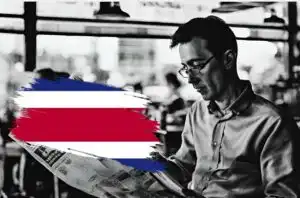


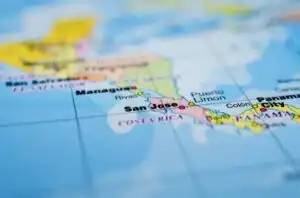

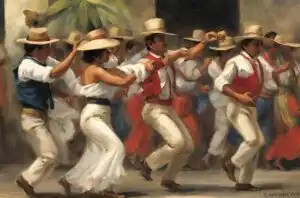

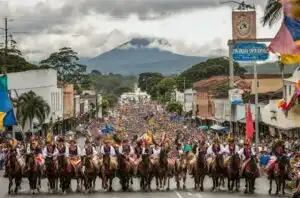



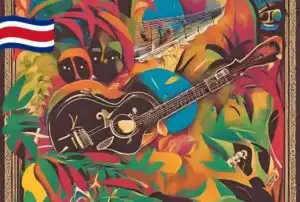
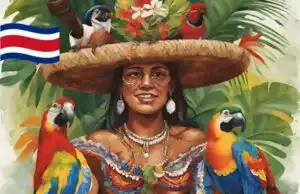




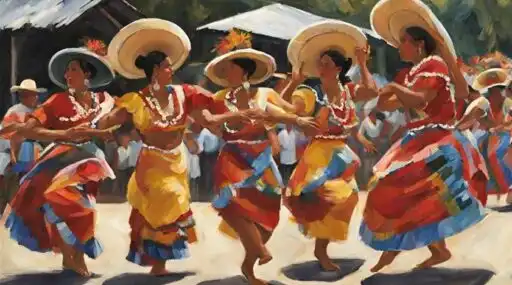
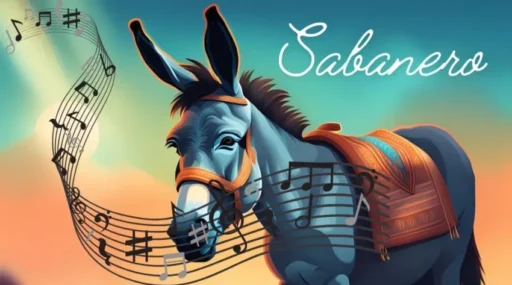
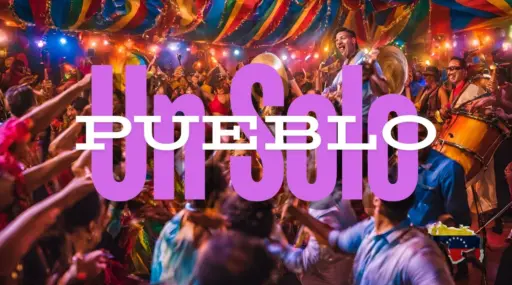


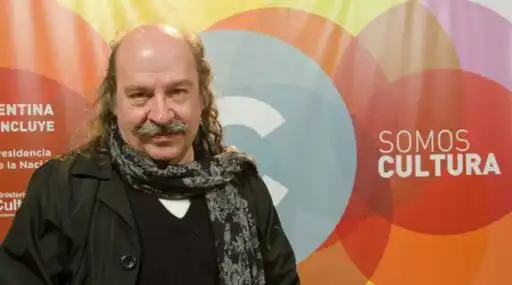



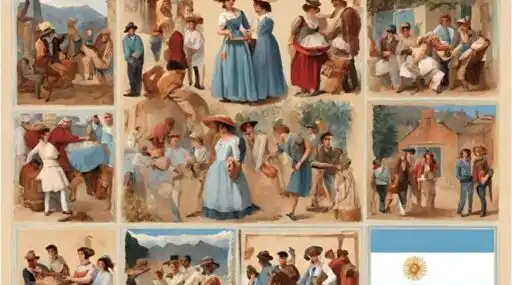


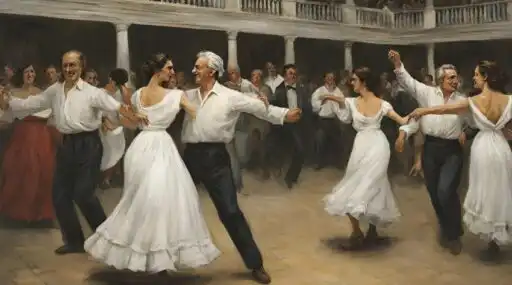

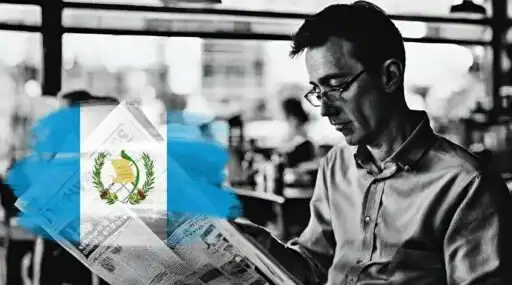

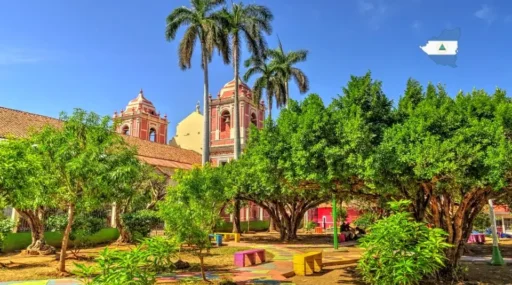

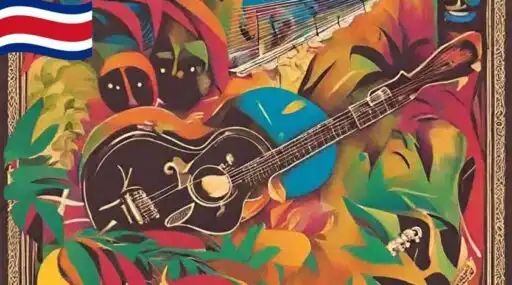

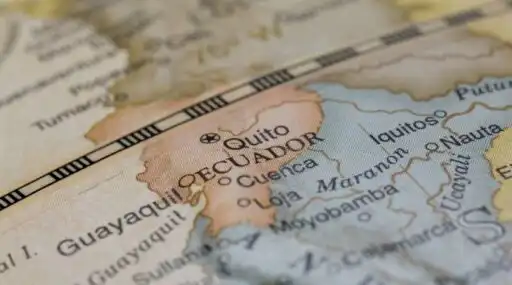
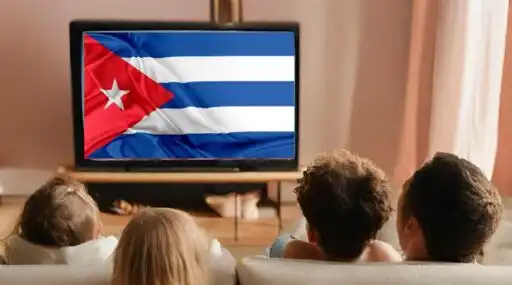

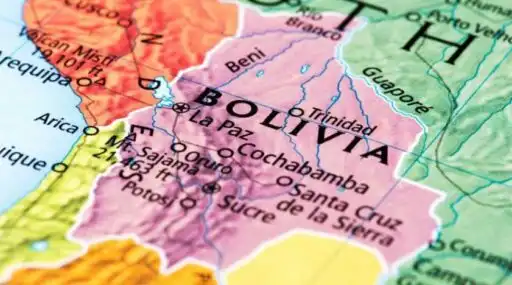

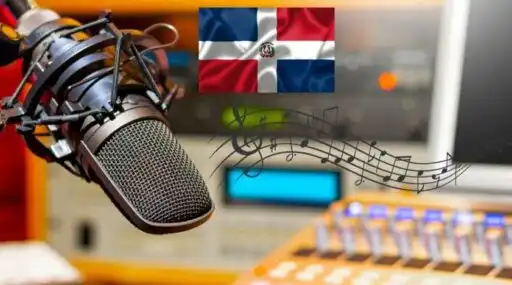
Leave a Reply